Joe Moeller
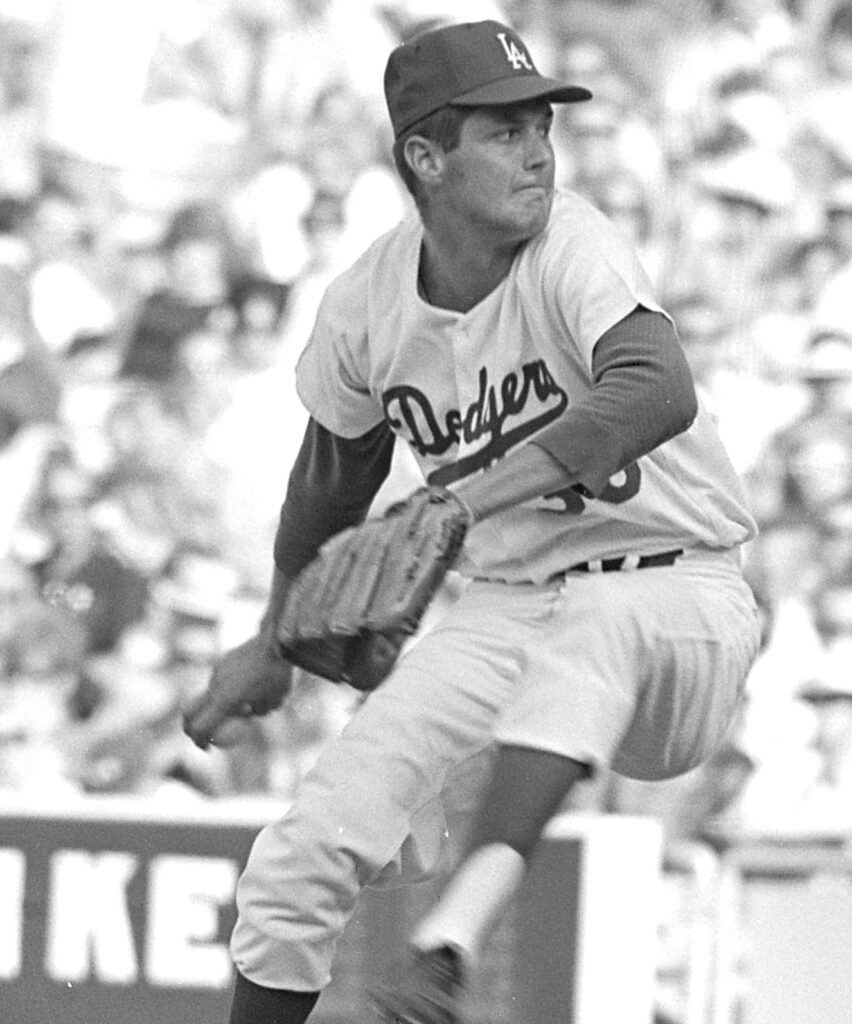
| Birthdate | 02/15/1943 |
| Death Date | |
| Debut Year | 1962 |
| Year of Induction | |
| Teams | Dodgers, Expos, Marlins |
| Positions | Pitcher, Scout |
Joe Moeller was the youngest starting hurler in the pitching-rich history of the LA Dodgers when he took the mound at 19 years, 2 months.
Leave a commentIn the collection:
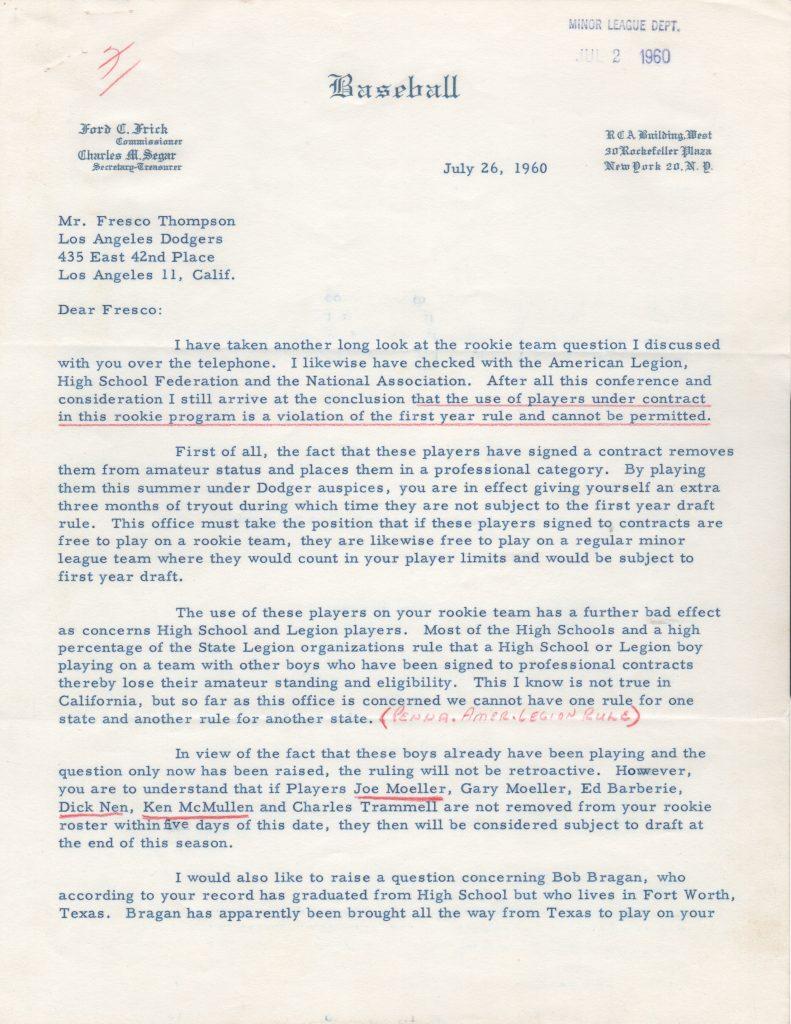
Ford Frick wrote to Fresco Thompason regarding 17-year old Joe Moeller and other prospects
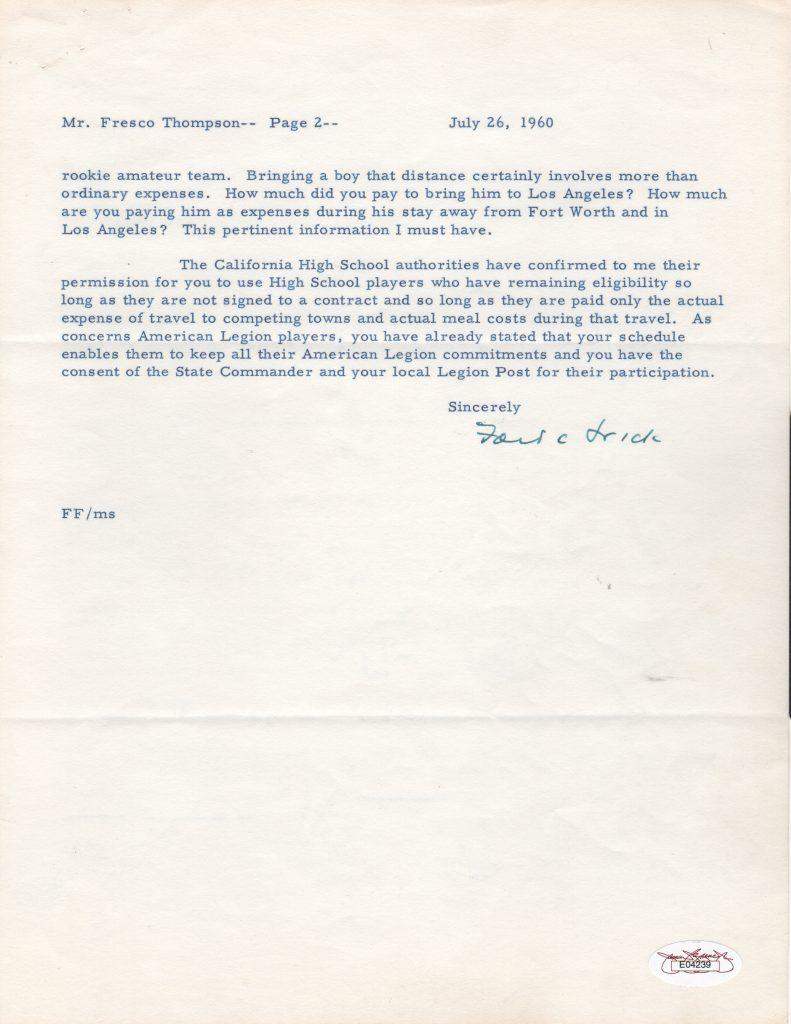
With no previous system in place, owners instituted the first-year player draft was in 1965
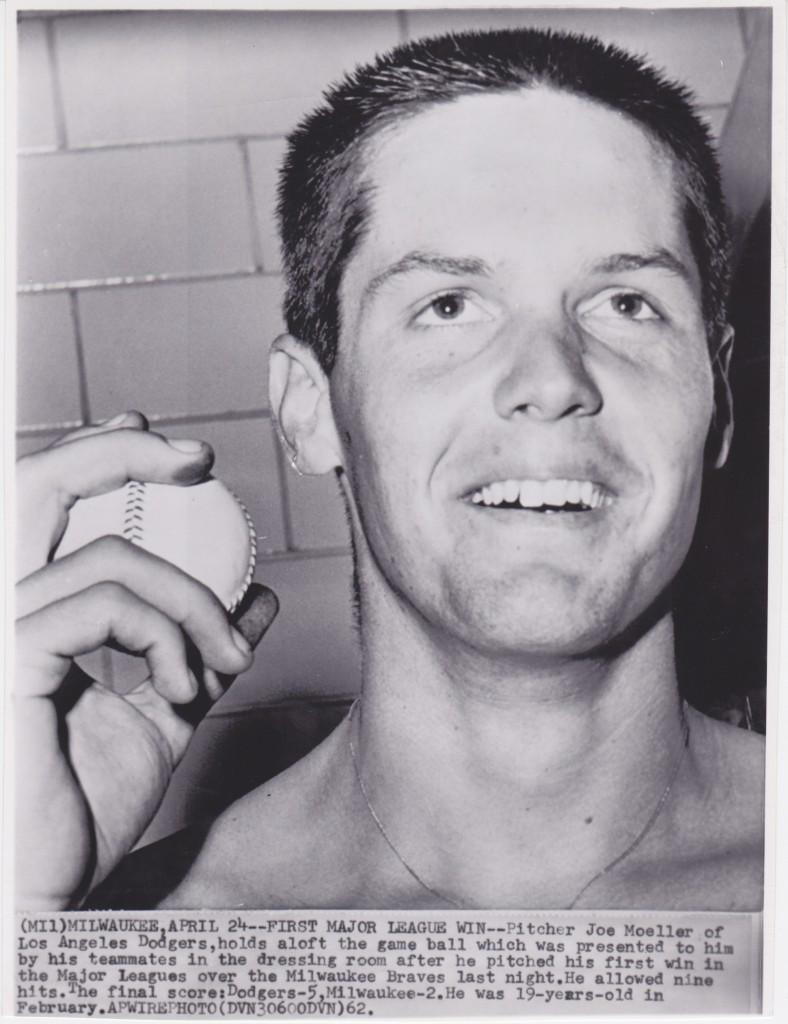
Joe Moeller was just 19 years old when he earned his first big league victory
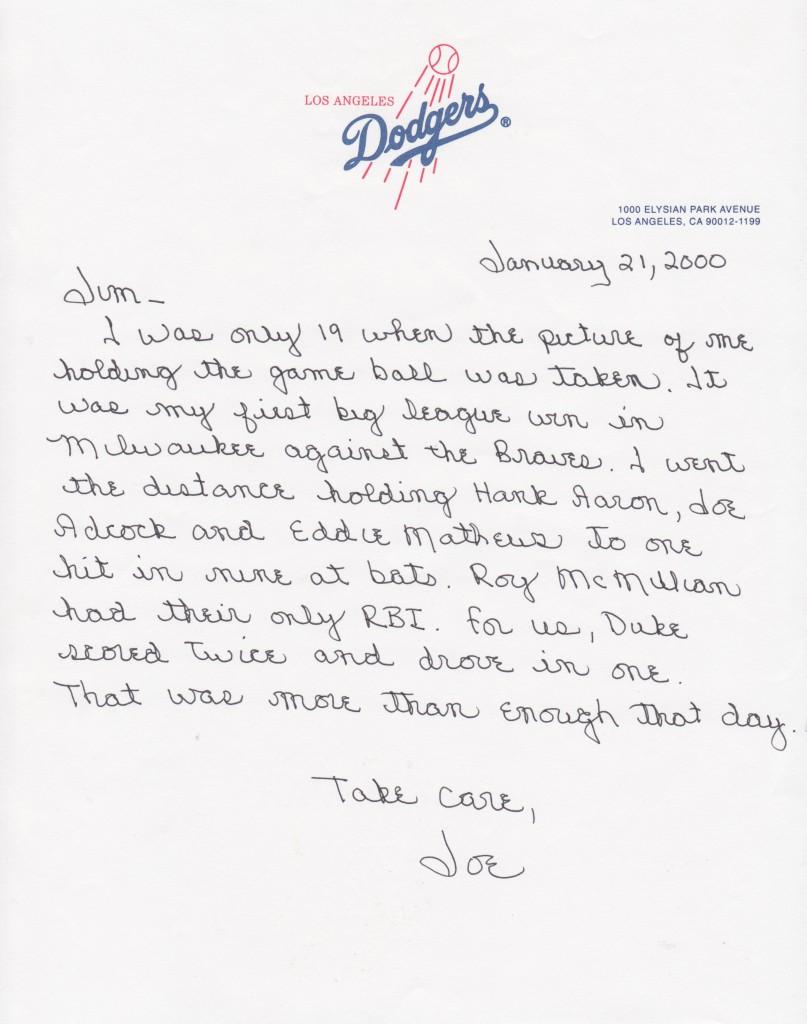
Duke Snider led the way in Moeller's first MLB win
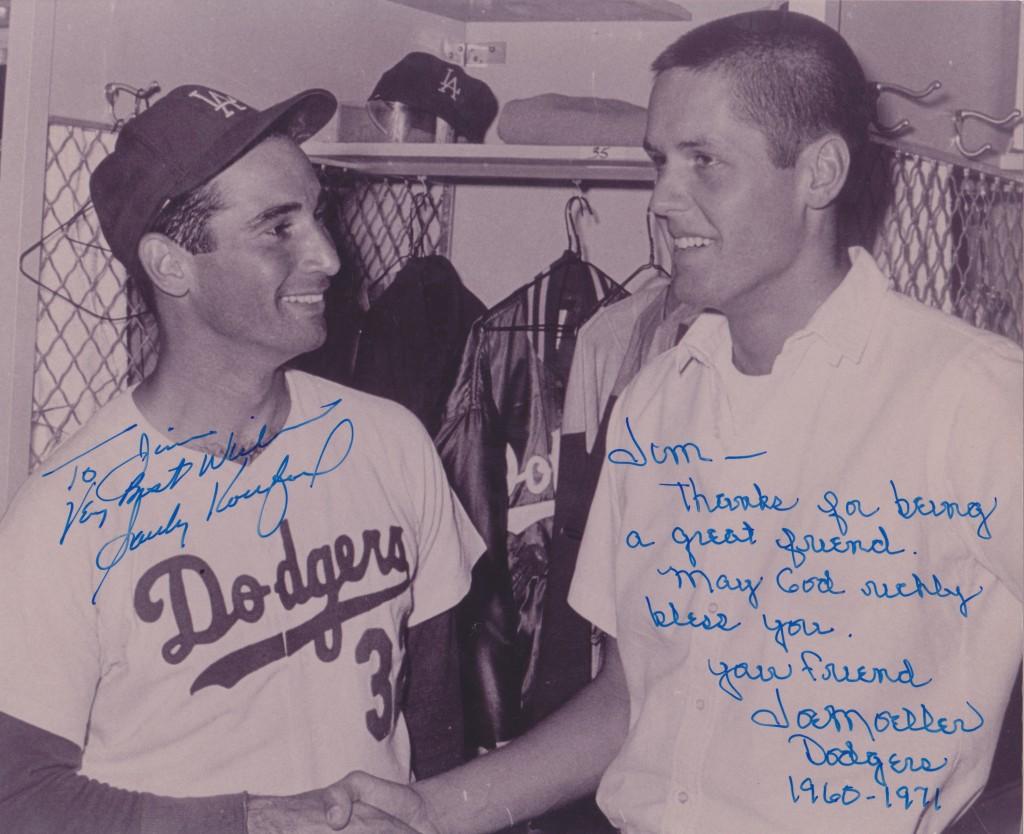
Sandy Koufax earned one of his 9 career saves in relief of Moeller
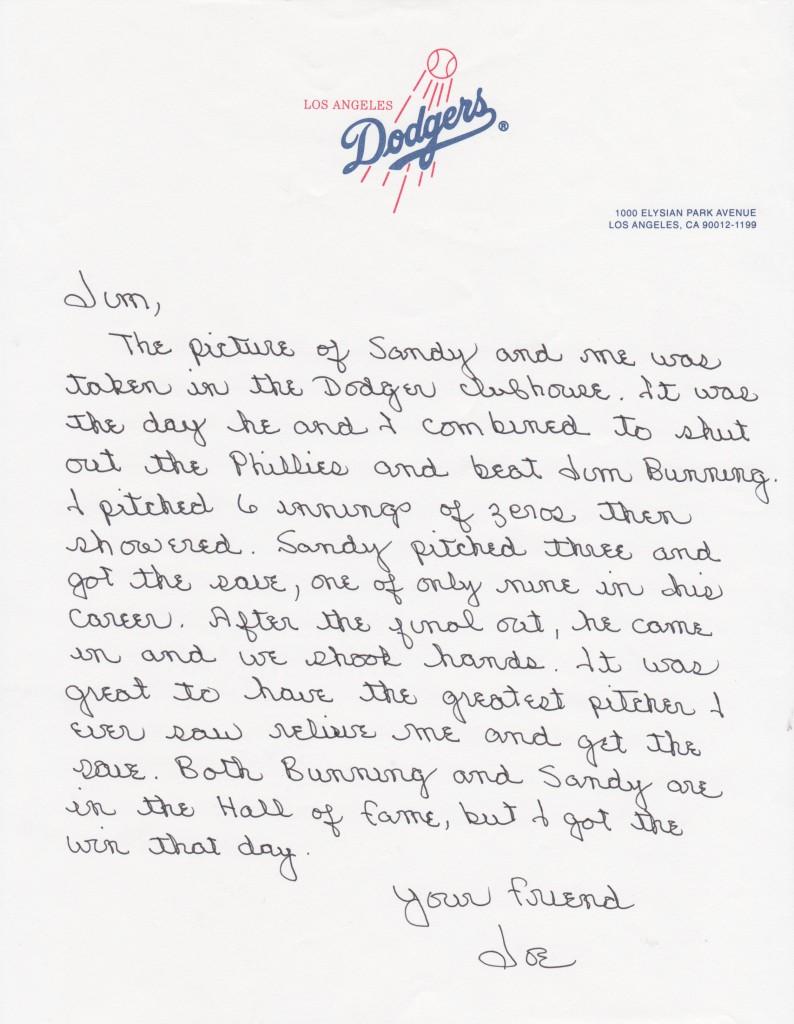
Moeller recounts the thrill of having Koufax relieve him
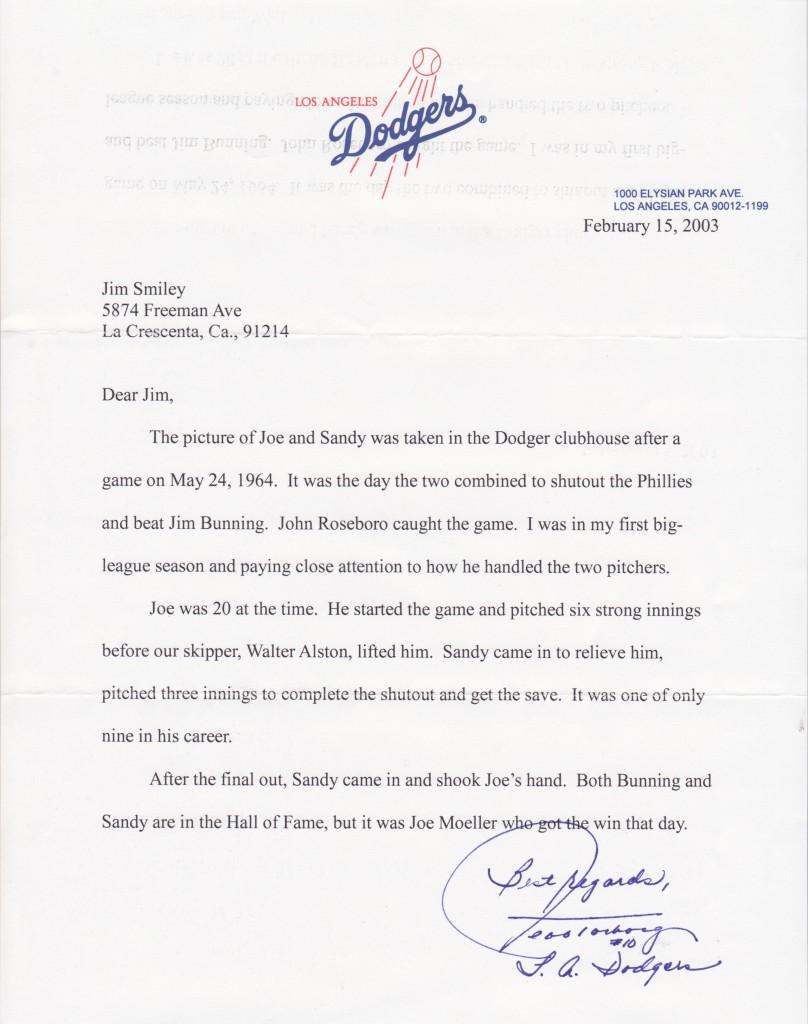
Road roommate and catcher Jeff Torborg recalls the Moeller/Koufax shutout
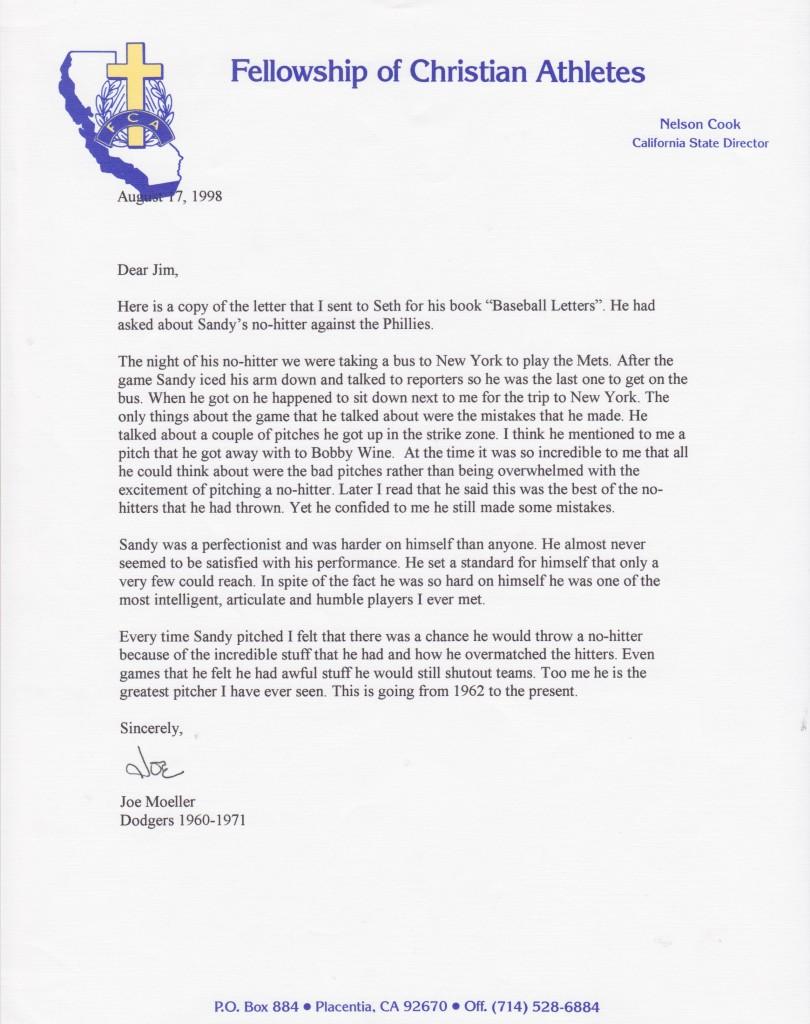
Joe Moeller remembers teammate Sandy Koufax's 1964 no-hitter 34 years later
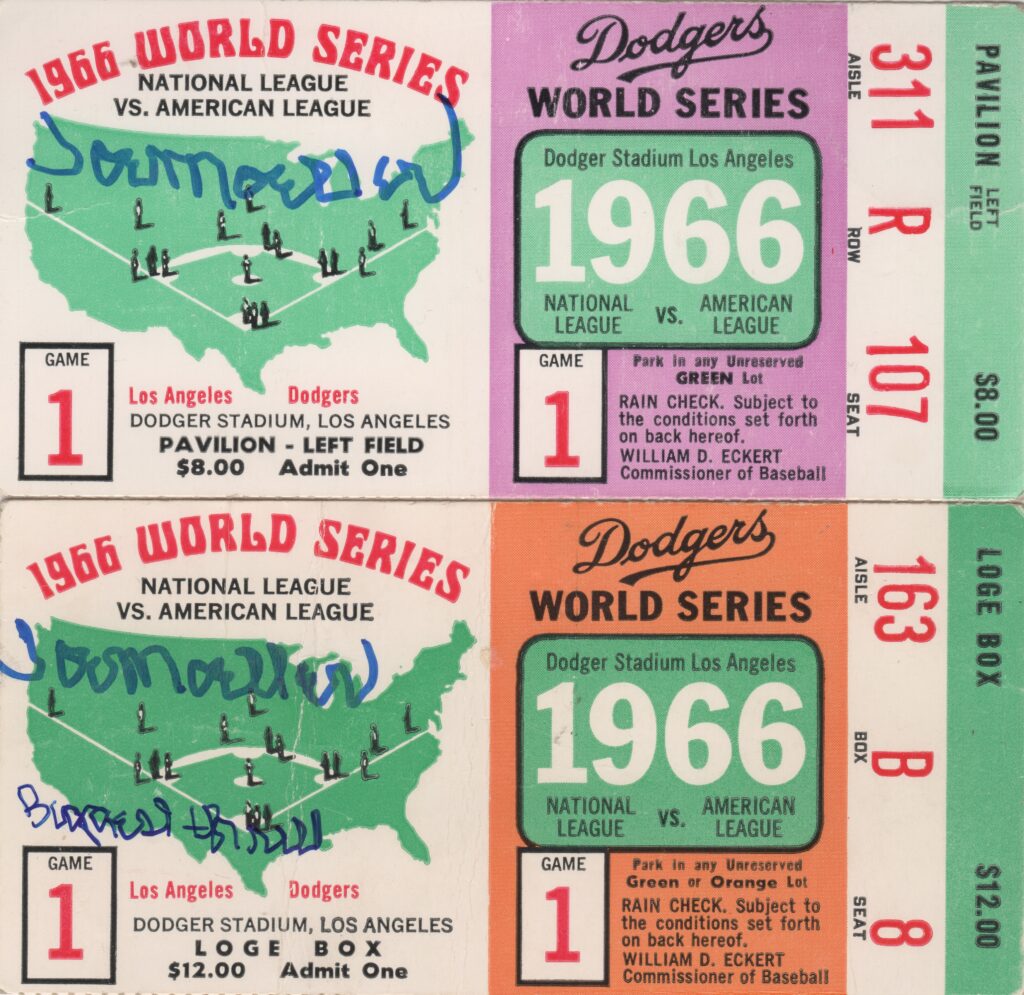
Gentleman Joe called his 1966 World Series appearance his greatest thrill as a player
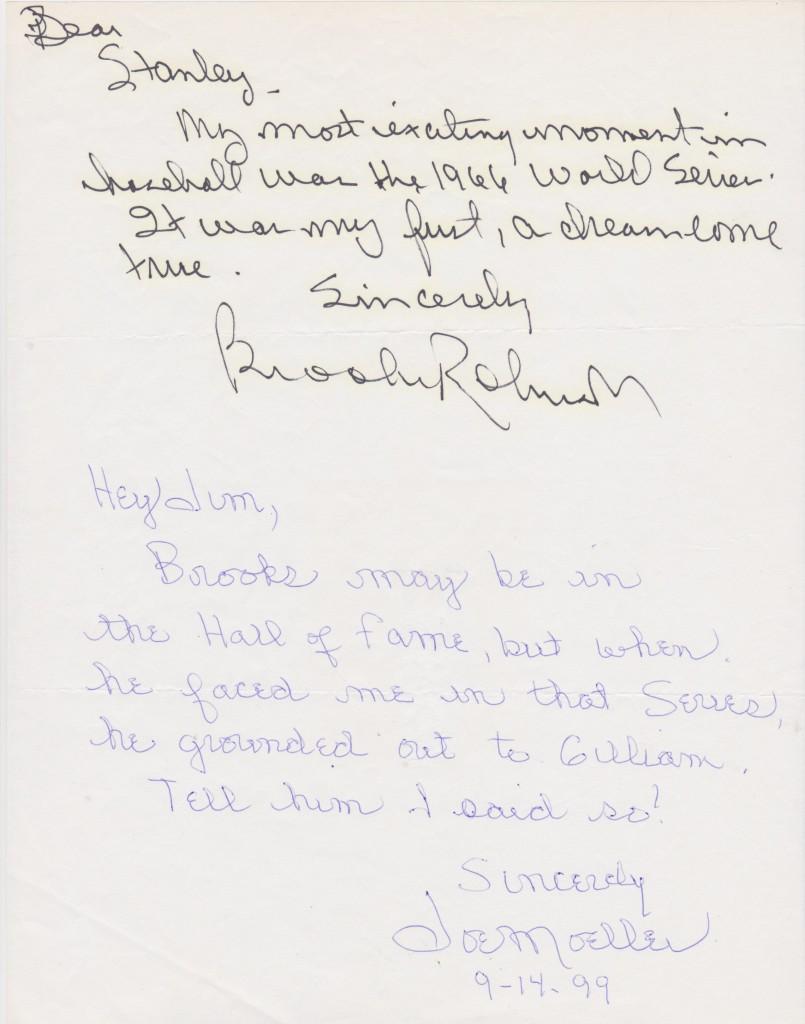
Brooks Robinson called the '66 World Series his greatest thrill; Moeller retired him in Game 1
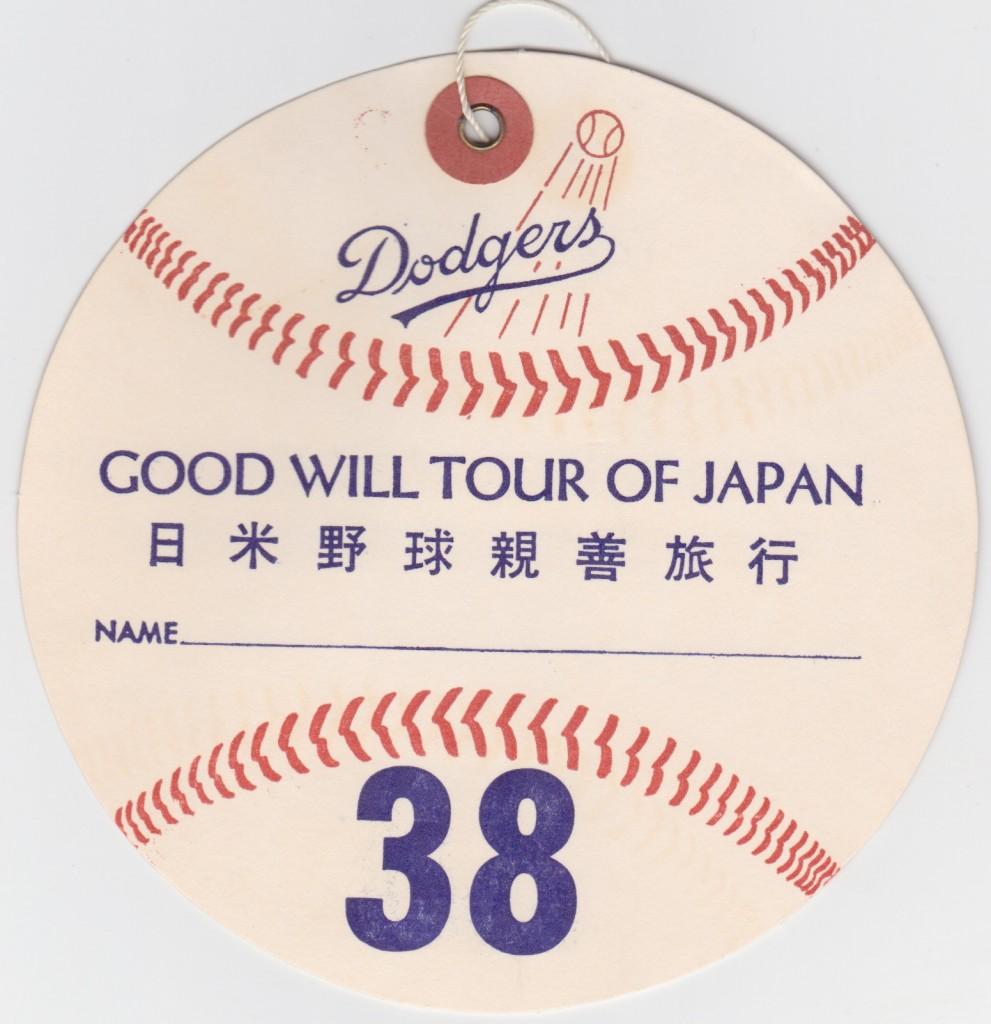
After winning the '66 NL pennant, Moeller and the Dodgers headed to Japan
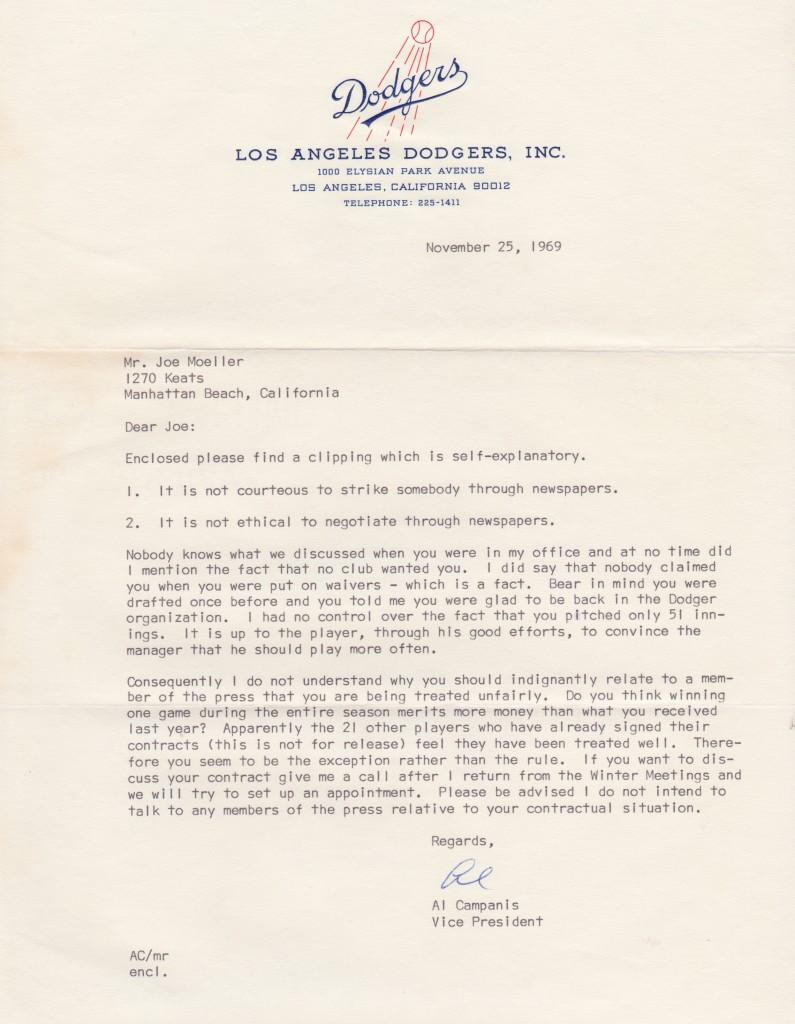
Dodger GM Al Campanis scolds Moeller in contract negotiations after the 1969 season
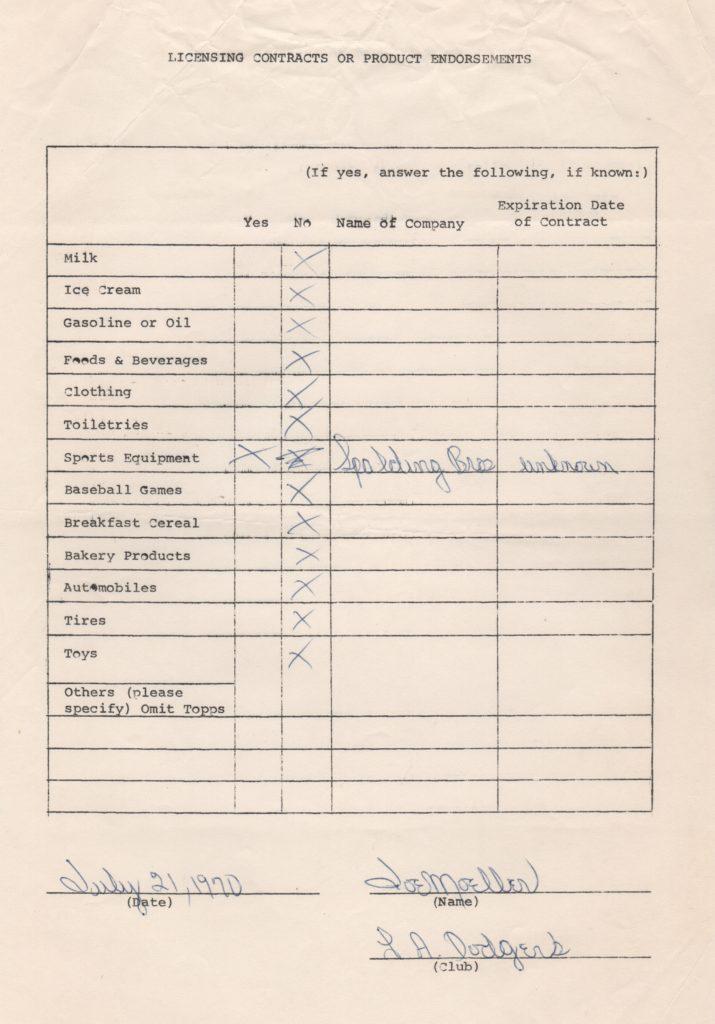
Joe Moeller played his entire MLB career with the Dodgers
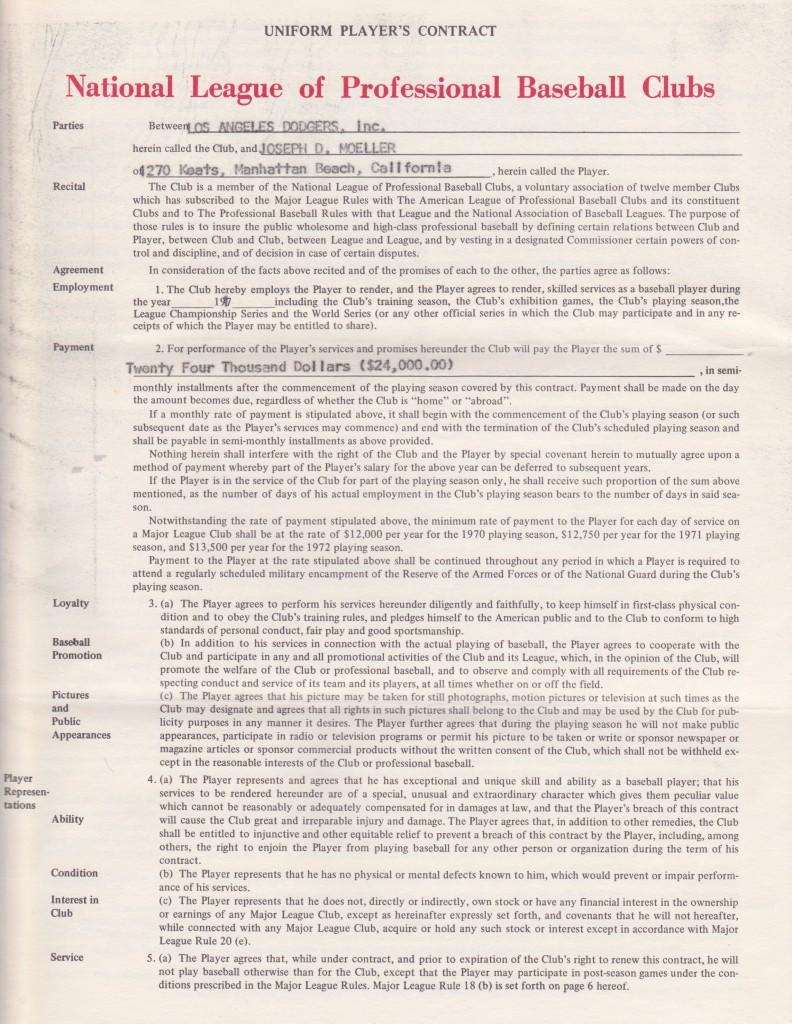
Joe Moeller's final MLB contract was signed on February 1, 1971
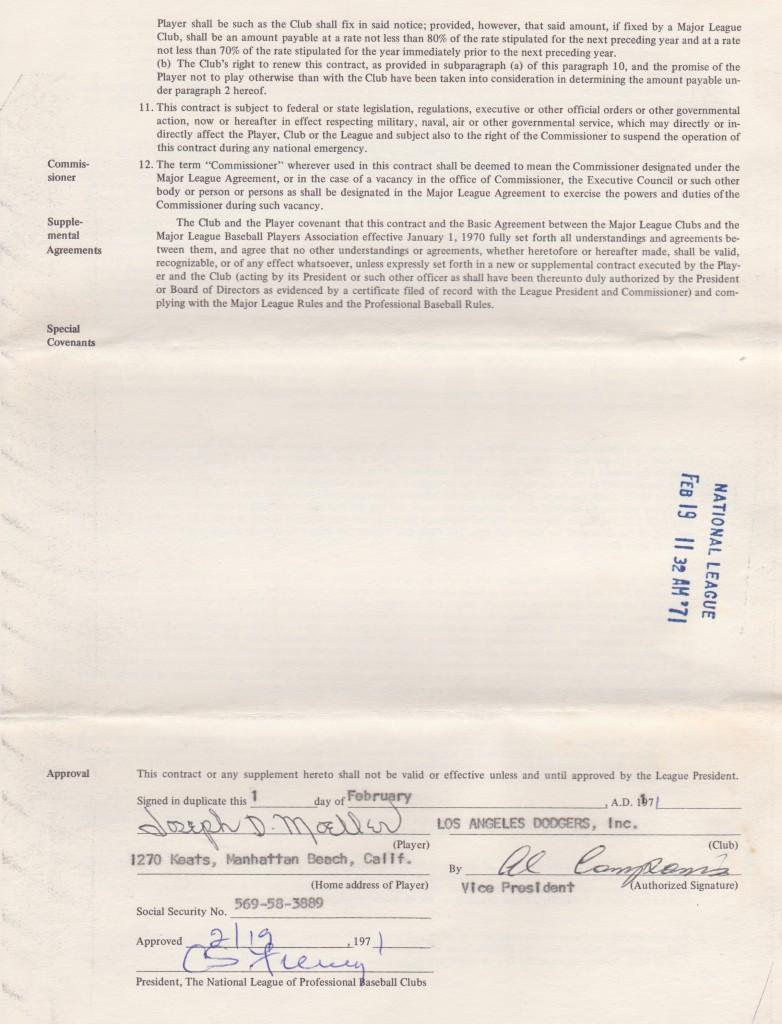
Signature page of Joe Moeller's final MLB contract
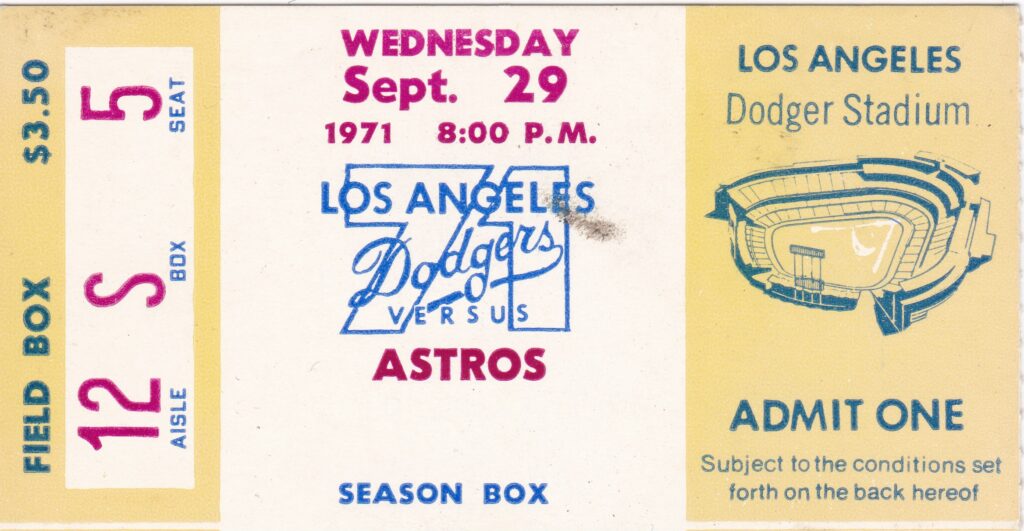
Joe Moeller pitched in 166 big league games in parts of eight big league seasons
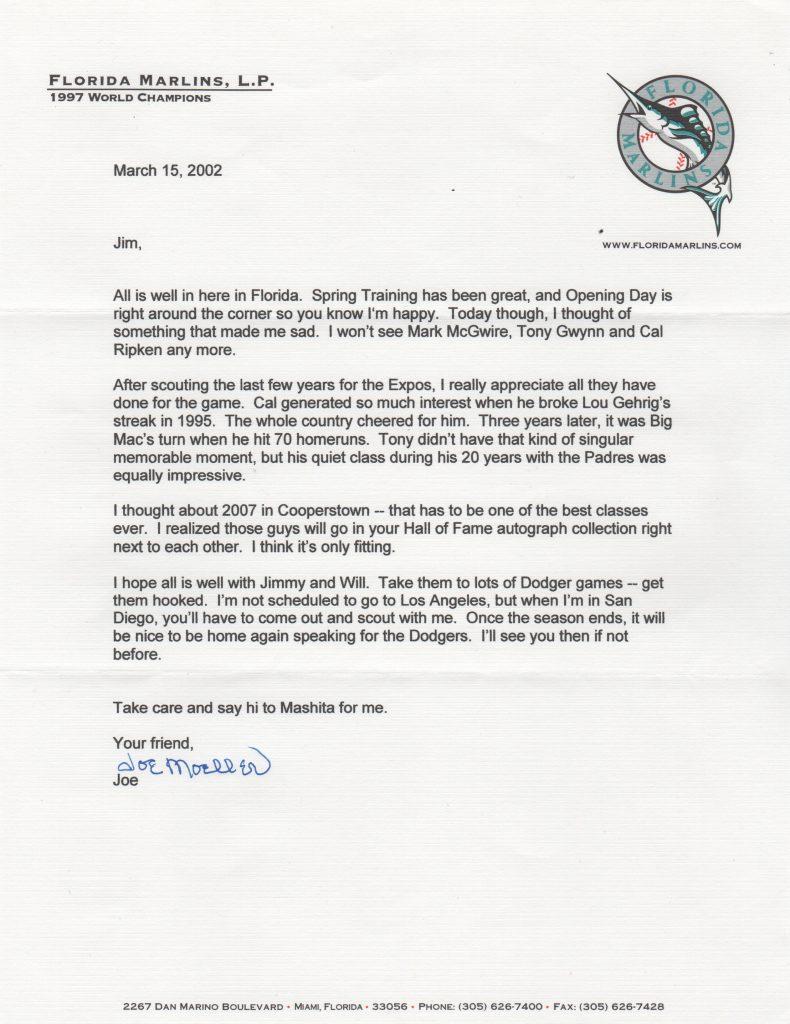
Moeller spent decades as the advance scout for the Expos and Marlins
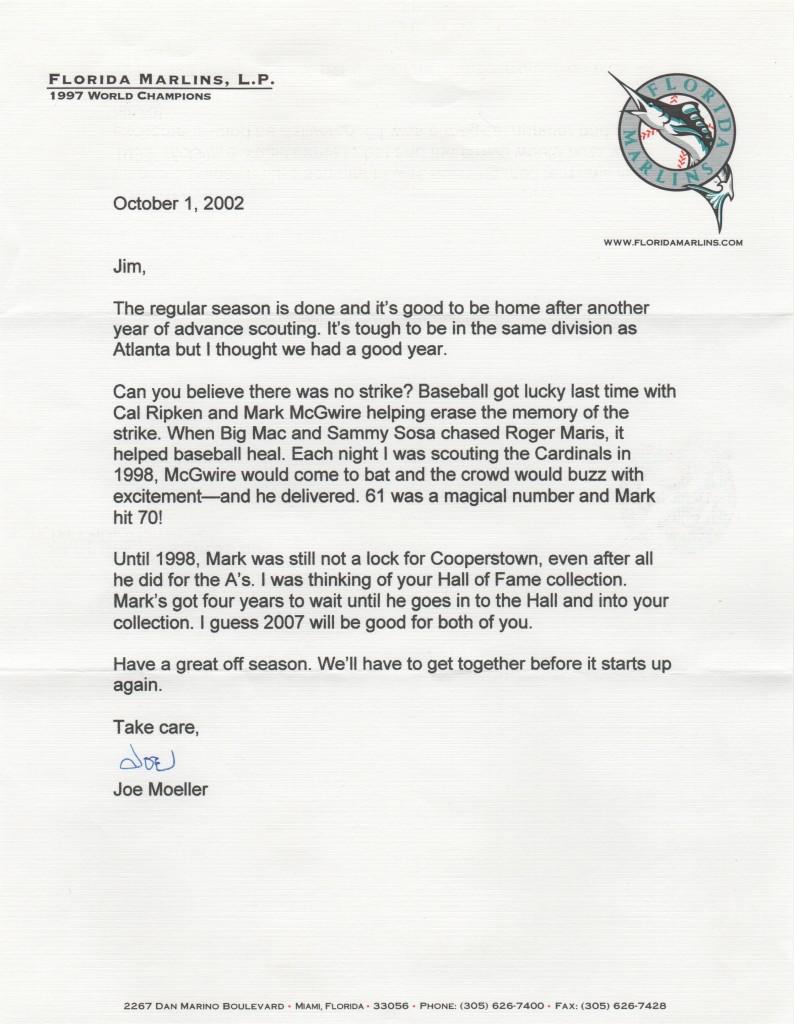
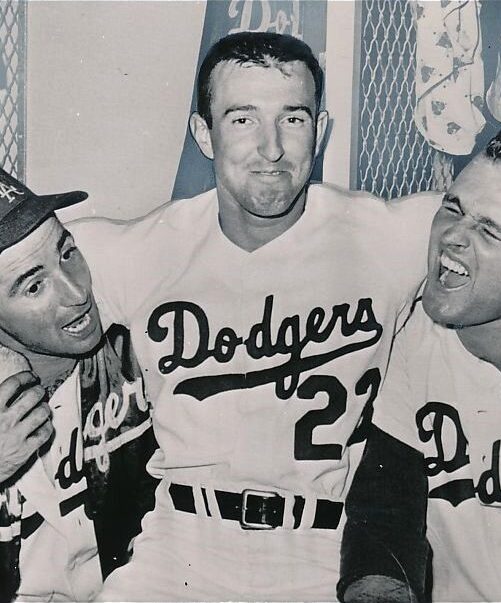
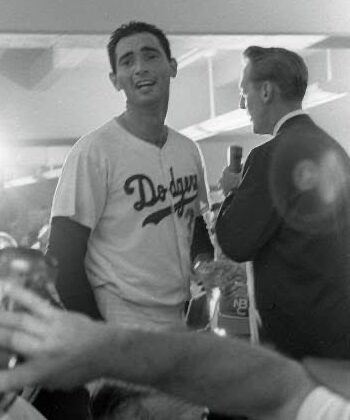
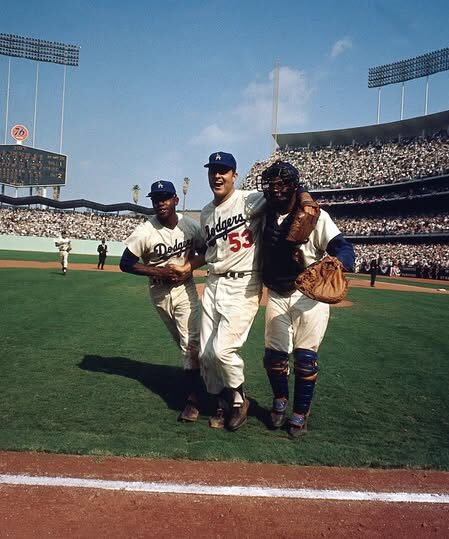
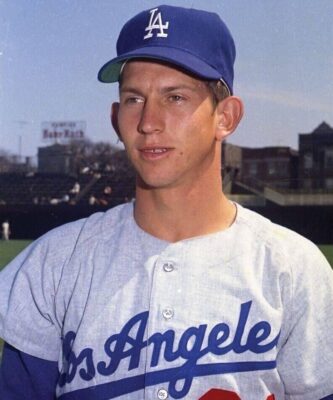
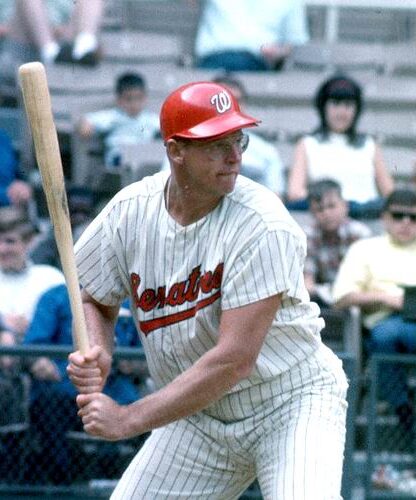
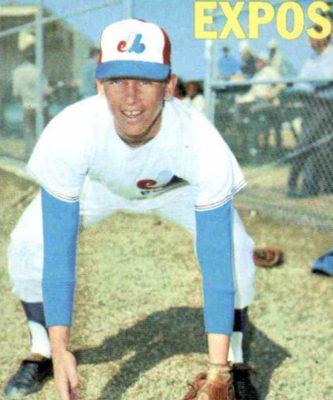
Enjoyed reading story of Sandy Koufax and Joe Moeller’s shut out of the Phillies